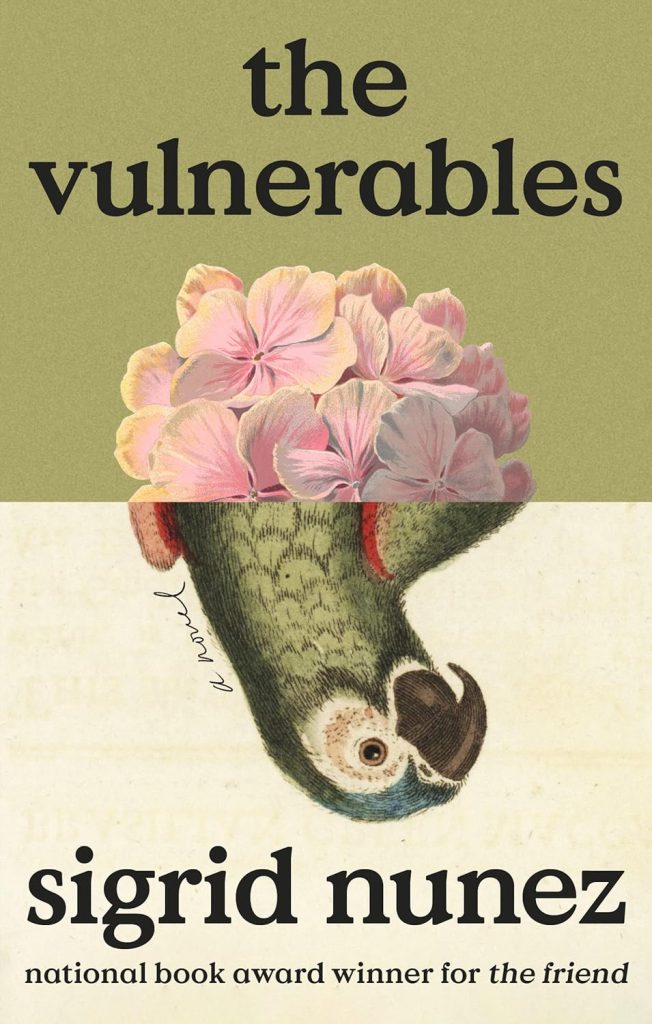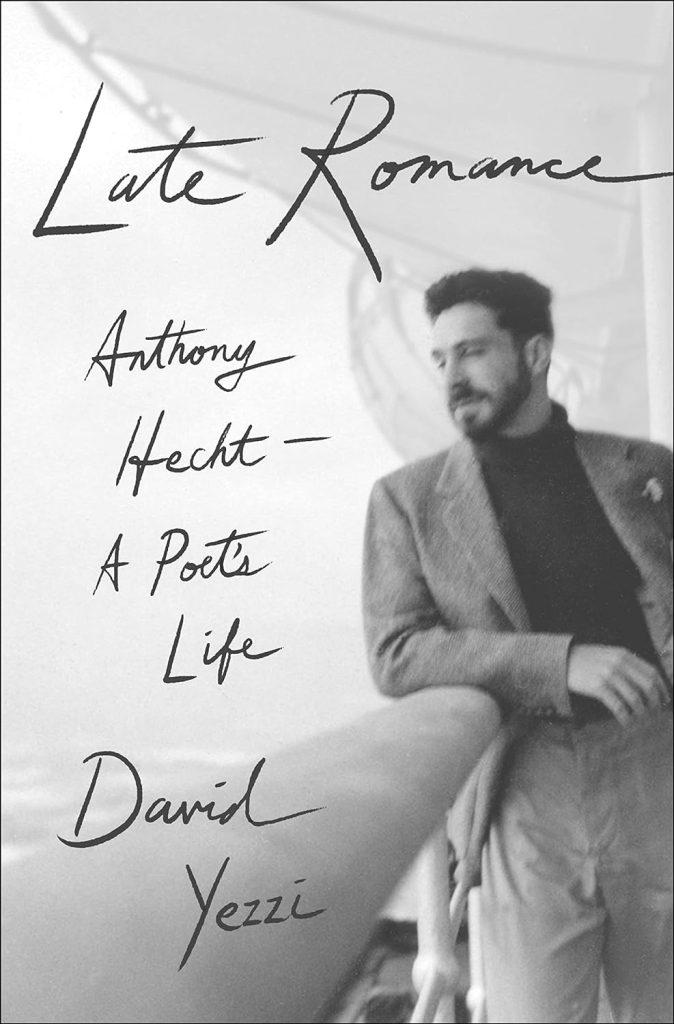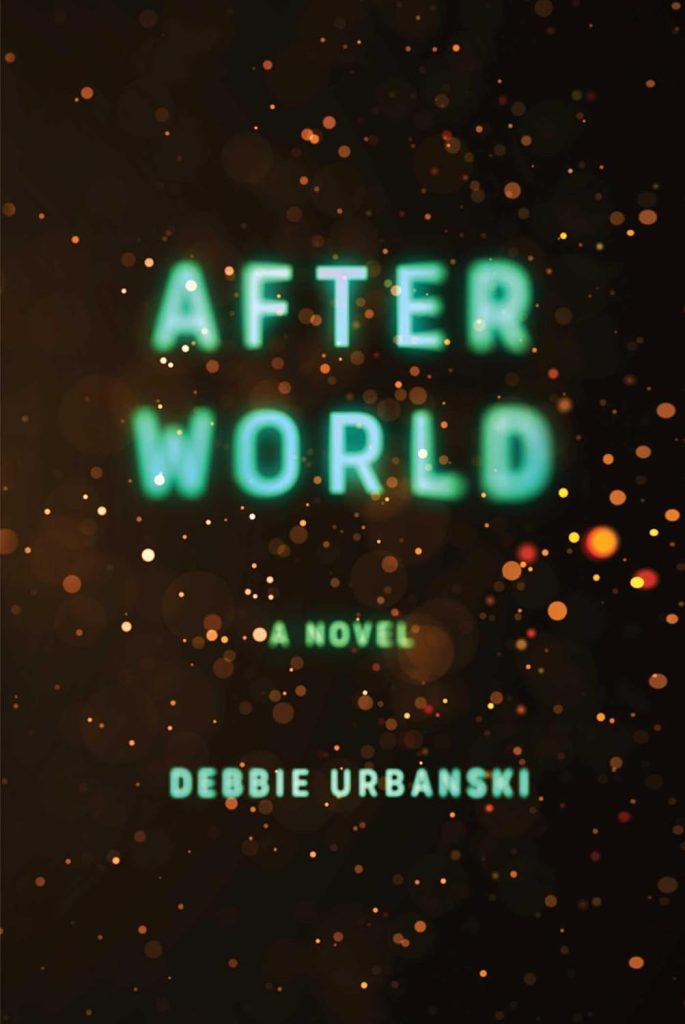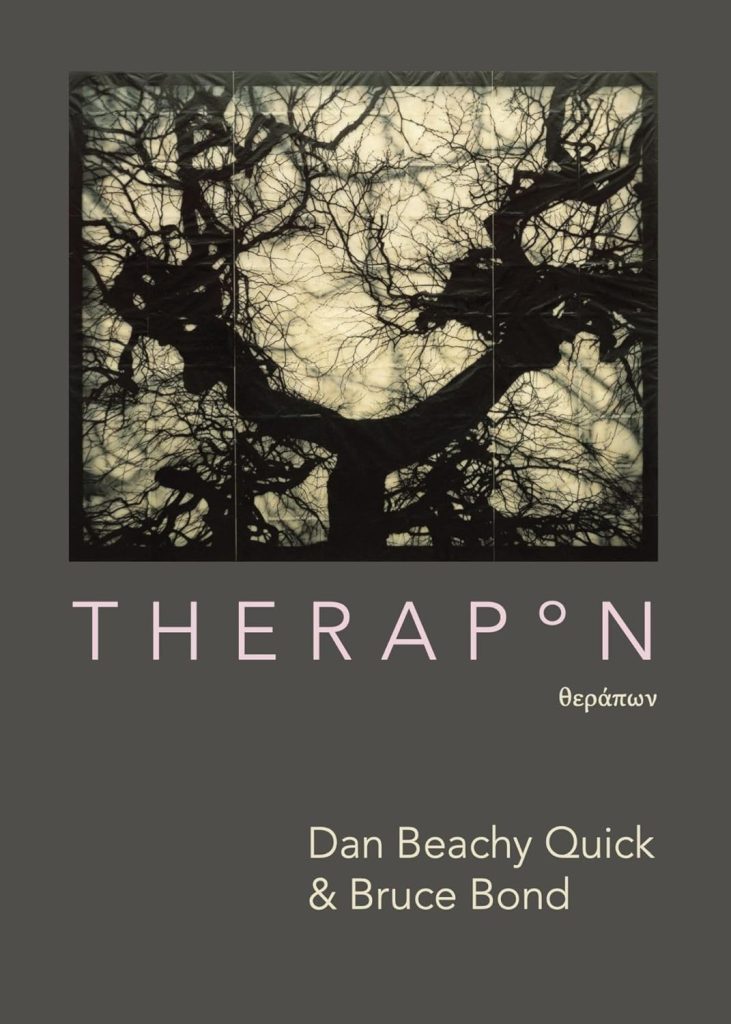Stay warm this February by cozying up to seven recent releases by New England Review contributors.
NOVEMBER 2023




Sigrid Nunez, The Vulnerables (Riverhead) — published in NER 18.3
“An ode to our basic need to connect with other beings, be they human or animal, even in a global crisis that told us to stay apart.” —NPR
Anthony Varallo, What Did You Do Today? (University of North Texas Press) — published in NER 28.2
“In the hands of Anthony Varallo, What Did You Do Today? turns out to be the most profound question in the language. Because Varallo shows us that whatever you did, it was singular and strange and noteworthy. I’m crazy about these surprising stories.”—Elizabeth McKenzie, author of The Dog of the North
David Yezzi, Late Romance: Anthony Hecht—a Poet’s Life (St. Martin’s) — published in NER 29.1 & 30.2
“This is a moving, fine-grained telling, in one American life, of a great, repeated and essential story: the transformation by—and in some measure of—an art.” —Robert Pinsky, author of Gulf Music and At the Foundling Hospital
Steven Cramer, Departures from Rilke (Arrowsmith Press) — published in NER 11.4, 16.4, & 36.1
Cramer repurposes, updates, and upends the matter and style of the originals, derived from his favorites among Rilke’s New Poems (1907-8). His versions shimmer with contemporary resonance and personal passion, while always alert to Rilke’s chiaroscuro presence. —Ploughshares Bookshelf
DECEMBER 2023



Debbie Urbanski, After World (Simon & Schuster) — published in NER 42.1
“Narrated by an AI, this story ultimately makes a plea for the unique value of every human life. Experimentally told . . . the effect is wrenching, fascinating, and unique . . . [a] deeply moving story of grief and love.” —Kirkus Reviews
Savyon Liebrecht translated by Gilah Kahn-Hoffmann, The Bridesman (Europa) — published in NER 35.2
“With subtlety and grace, Liebrecht depicts how her characters fashion the narratives of their lives out of experiences they don’t understand. This wisp of a story somehow leaves readers with plenty to chew on.” —Publishers Weekly
Bruce Bond & Dan Beachy-Quick, Therapon (Tupelo Press) — published in NER 36.2 (Bond) & 38.3, 41.2 (Beachy-Quick)
“That two authors can so coordinate their views of a world as to produce such lovely lyricism is itself a wonder, but that the resulting vision becomes, as binocular viewing always engenders, both multi-dimensional and convincing, is a continual gift continually opening before us. —Bin Ramke, author of Earth on Earth

